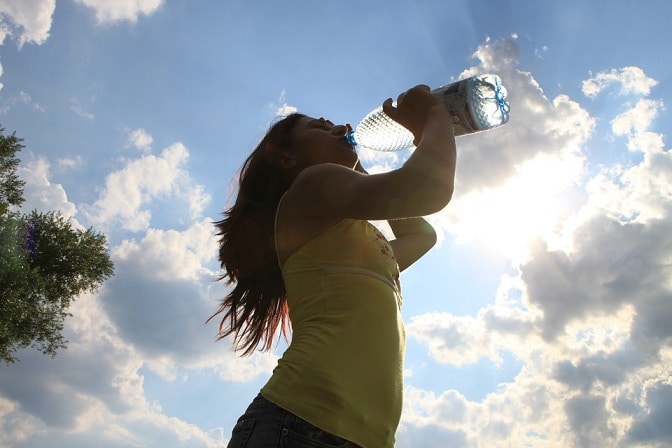Most of us are aware by this point that the human body is composed of approximately 75% water and that in order to maintain proper hydration and overall health, we need to maintain the proper balance in our bodies by consuming an adequate amount of water on a regular basis.
Most of us are aware, at this point in time, of how much water we need to drink in order to stay hydrated and how harmful and even hazardous it is to become dehydrated; however, are you aware of which types of drinking water are optimal?
There is a correlation between drinking hard water, which has a high concentration of calcium carbonate or magnesium carbonate, with a lower risk of developing cardiovascular disease. Even though scale buildup on your appliances, like your kettle, can be a result of hard water, researchers have shown that in regions that had had hard water but subsequently had it softened, there was a fairly significant increase in the prevalence of cardiovascular illness.
Harder water causes a rise in total dissolved solids, an increase in pH levels, and an increase in silica (SiO2), all of which are connected to a lower risk of developing cancer. Harder water also causes an increase in the amount of silica (SiO2). There is no link between excessive salt levels in drinking water and either hypertension or mortality due to the fact that water only accounts for roughly 10% of the sodium that we consume on a daily basis.
Consuming fluoridated water may increase one’s risk of developing cancer, as well as the likelihood of experiencing genetic harm and having children with birth abnormalities. Free radicals are produced whenever chlorine is used to clean water. These radicals have been linked to an increased risk of cancer, cardiovascular disease, and atherosclerosis. Chlorine is used to disinfect water because it eliminates bacteria that are hazardous to humans.
There are those who believe that drinking water that has been demineralized is better for their health, but the reality is quite the opposite. Minerals such as silica, magnesium, chromium, lithium, vanadium, calcium, and zinc are all good to one’s wellbeing. When drinking water contains important elements, there is better mineral absorption than when eating food containing those components, and there is less absorption of hazardous substances when drinking water contains critical elements.
Which type of drinking water, then, is the greatest and most healthy option to consume? That which contains a presence of essential minerals and an absence of harmful minerals and toxins, and the best way to ensure that is to get your drinking water from a water cooler that provides you with hygienic drinking water. In this way, you can be sure that the water you are drinking is healthy for you. This might be a water cooler that uses bottled water or one that uses mains water and is equipped with a triple action water filter that will eliminate any and all harmful substances.






